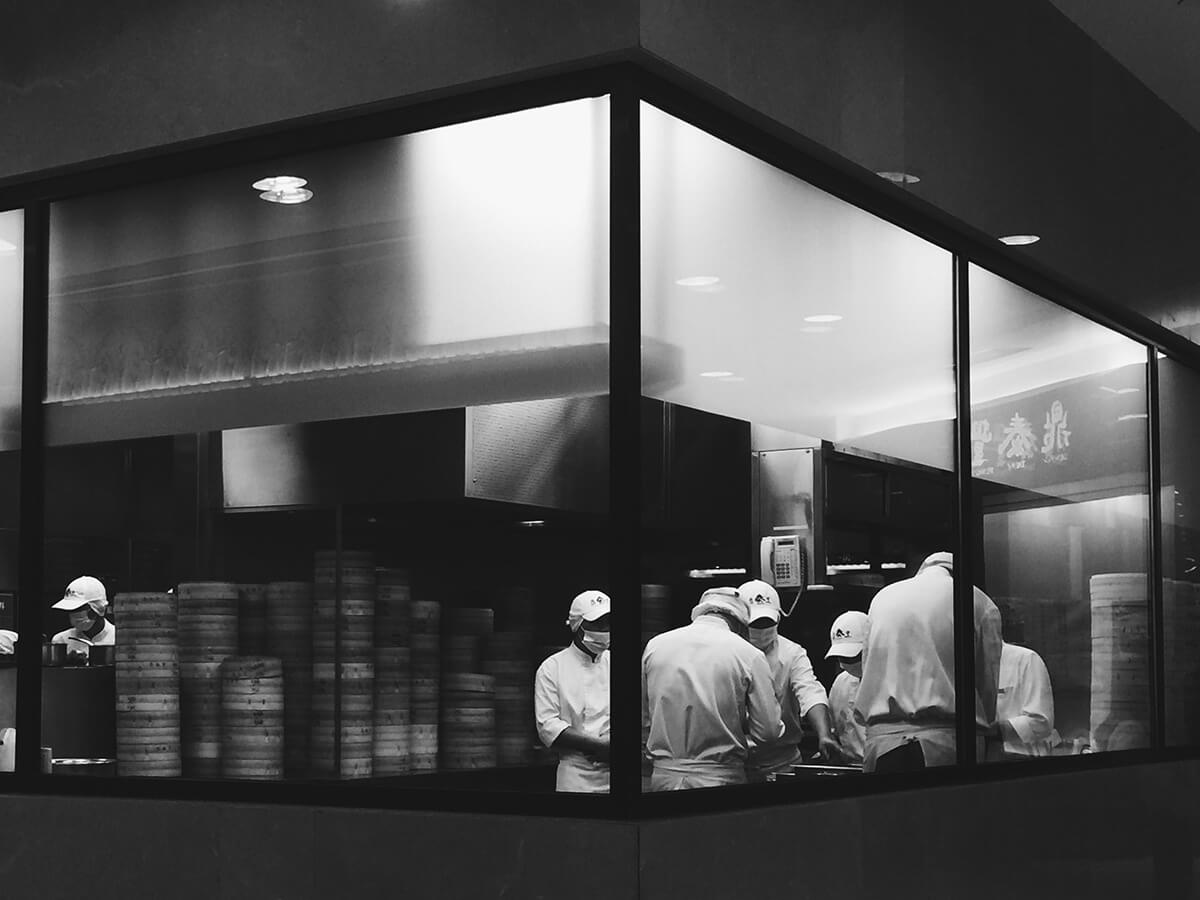APPLICATION
California employees who work more than 3 ½ hours in a day are entitled to a 10-minute off-duty rest break. Rest breaks are counted as hours worked and must be paid. If you work at least 3 ½ hours in a day, you are entitled to one rest break. If you work over 6 hours, you are entitled to a second rest break. If you work over 10 hours, you are entitled to a third rest break. To the extent possible, these breaks are to be taken in the middle of each 4-hour period
Like meal breaks, rest breaks must be completely off-duty to be considered valid rest breaks. “During rest periods employers must relieve employees of all duties and relinquish control over how employees spend their time.” Augustus v. ABM Sec. Servs., Inc., 2 Cal. 5th 257, 269 (2016).
EXCEPTIONS
If your employer asks that you work while eating during a meal period, or remain on call during a rest period, this is legally equivalent to denying you your meal or rest break. However, employers are not required to ensure that you do not work during your meal or rest break. Thus, if you voluntarily choose to work during a break, your employer is not responsible for that.
PENALTY
If an employer unlawfully denies rest break, the employee is entitled to one extra hour of pay at their regular hourly rate for each workday the violation occurs. This additional pay is referred to as “premium pay.” The penalty is capped at two hours of premium pay per day (one for all rest break violations and one for all meal break violations).


